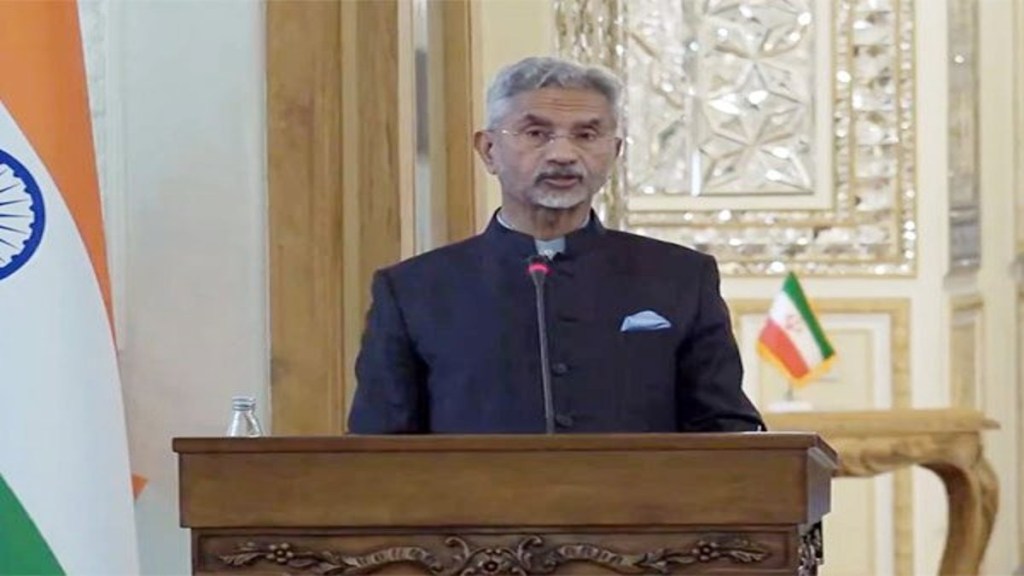In a significant development aimed at strengthening cultural bonds, S. Jaishankar, the External Affairs Minister, announced that the Indian government has chosen to designate Farsi (Persian) as one of the nine classical languages in India under the New Education Policy.
During a joint press conference with his Iranian counterpart, H. Amir-Abdollahian, on Monday, Jaishankar, who is on a two-day visit to Iran, emphasised the cultural, literary and linguistic connections between Iran and India.
“The government of India has decided to include Farsi as one of the nine classical languages of India in our New Education Policy,” Jaishankar stated, highlighting the significance of recognising Farsi’s rich heritage within the Indian educational system. Tamil was the first language in India to receive classical language status in 2004, with Sanskrit, Kannada, Malayalam and Odia following suit.
“In addition to these classical languages Pali, Persian and Prakrit; and their works of literature too must be preserved for their richness and for the pleasure and enrichment of posterity,” according to India’s National Education Policy-2020.
During the press conference, Jaishankar and Amir-Abdollahian discussed the political and economic aspects of their bilateral relations, underscoring the multifaceted nature of diplomatic engagement. They acknowledged the strength of people-to-people contacts and the deep cultural, literary and linguistic ties between the two nations, emphasising the potential for increased cooperation in various fields.
Addressing regional connectivity, Jaishankar reiterated India’s interest in utilising Iran’s strategic geographical position for access to markets in Central Asia, Afghanistan and Eurasia. The ministers explored opportunities to strengthen economic ties and enhance regional connectivity for mutual benefit.
Expressing satisfaction with the comprehensive nature of the discussions, Jaishankar highlighted the frequent high-level interactions between the two countries. He also mentioned ongoing efforts to establish a “long-term cooperation framework” for the strategic Chabahar Port on the southeastern coast of Iran.
Jaishankar’s visit to Iran is part of the ongoing high-level exchanges between the two nations, according to the Ministry of External Affairs.
With inputs from ANI.

